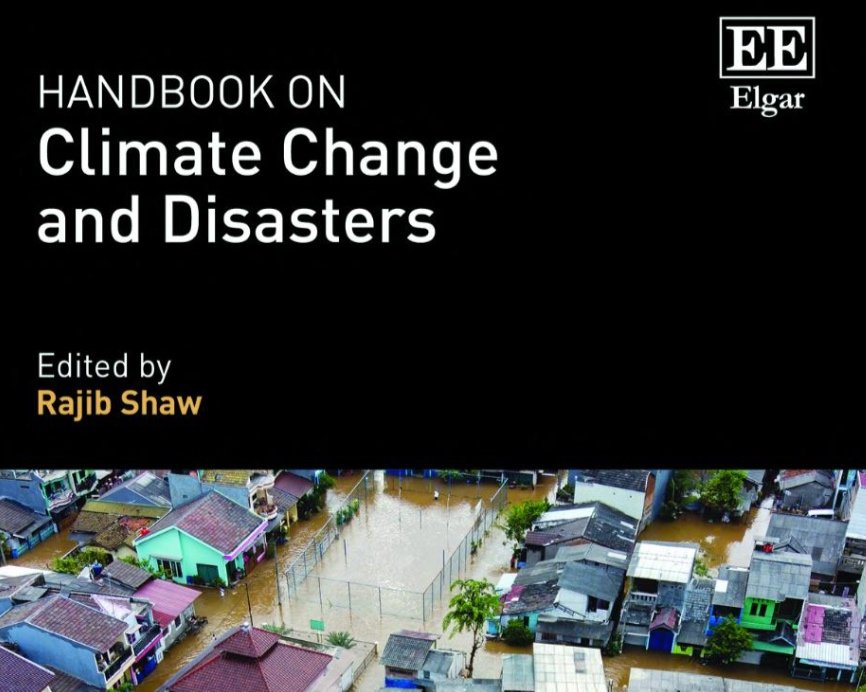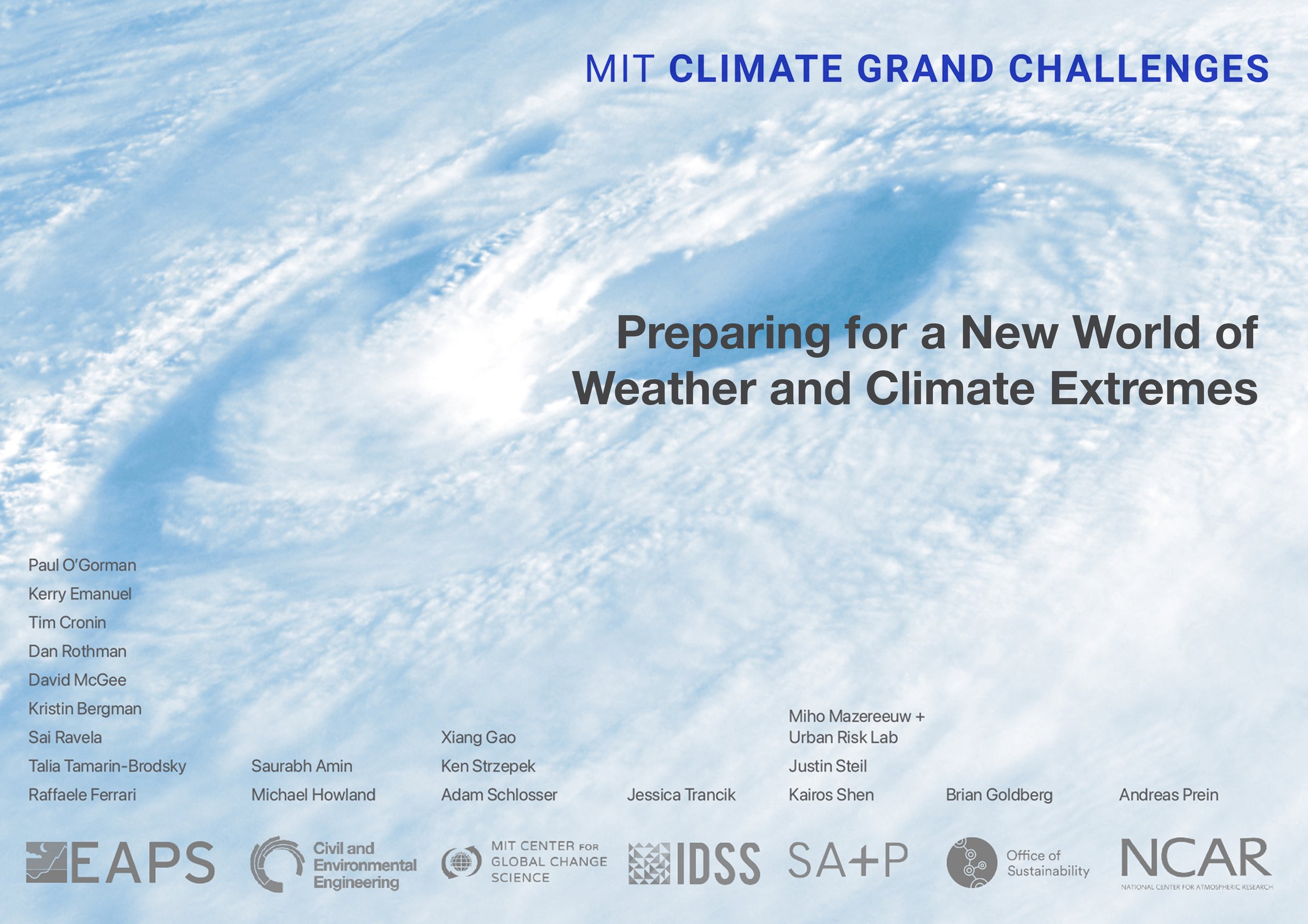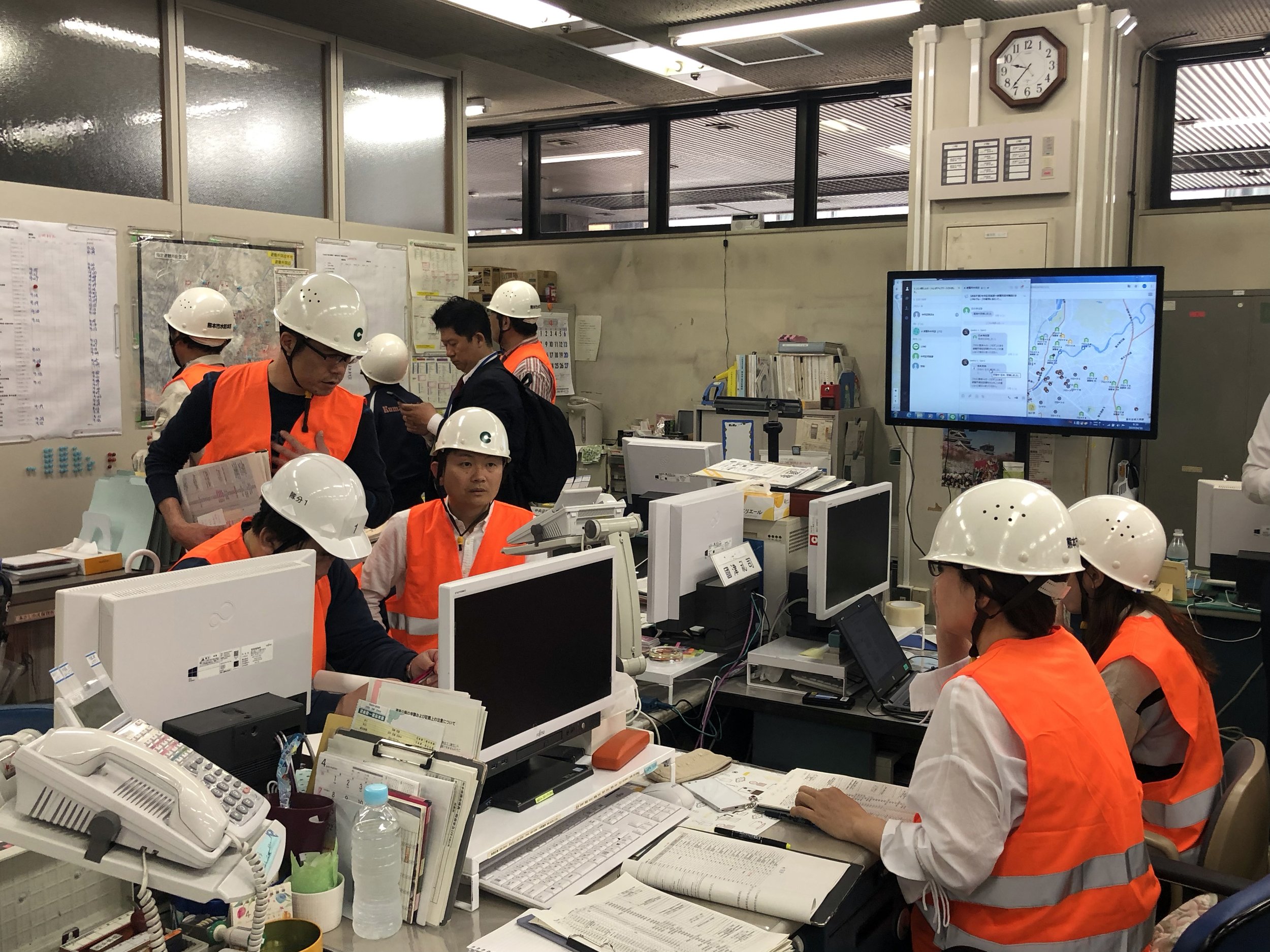November 8, 2023
Larisa Ovalles Paulino, a researcher at MIT Urban Risk Lab, delivered a presentation titled "Innovation and Best Practices in Recovery Housing" on November 8, 2023, at the Pre-Disaster Housing Planning Initiative event held in Chicago. Hosted by the Federal Emergency Management Agency (FEMA) and the U.S. Department of Housing and Urban Development (HUD), the presentation delved into the development of the Housing Recovery Toolkit.
The Toolkit serves as a resource for local governments, aiding in the creation of a comprehensive disaster housing pre-planning process that aligns with broader housing and economic objectives. Drawing on insights from interviews with state housing experts and firsthand experiences of communities and survivors, the Toolkit emphasizes the importance of integrating disaster housing considerations throughout the planning continuum.
Ovalles Paulino's presentation included discussions of building resilient housing stock, streamlining planning processes, and operationalizing local preparedness efforts. The initiative, informed by collaborations with five pilot cities, aims to enhance capacity and preparedness at the local level by offering accessible and standardized resources through an online platform.
This presentation contributed to the larger mission of the Pre-Disaster Housing Planning Initiative, which seeks to bolster collaboration between state emergency managers and housing representatives, emphasizing proactive pre-disaster planning and knowledge sharing to better prepare communities for future disasters.








